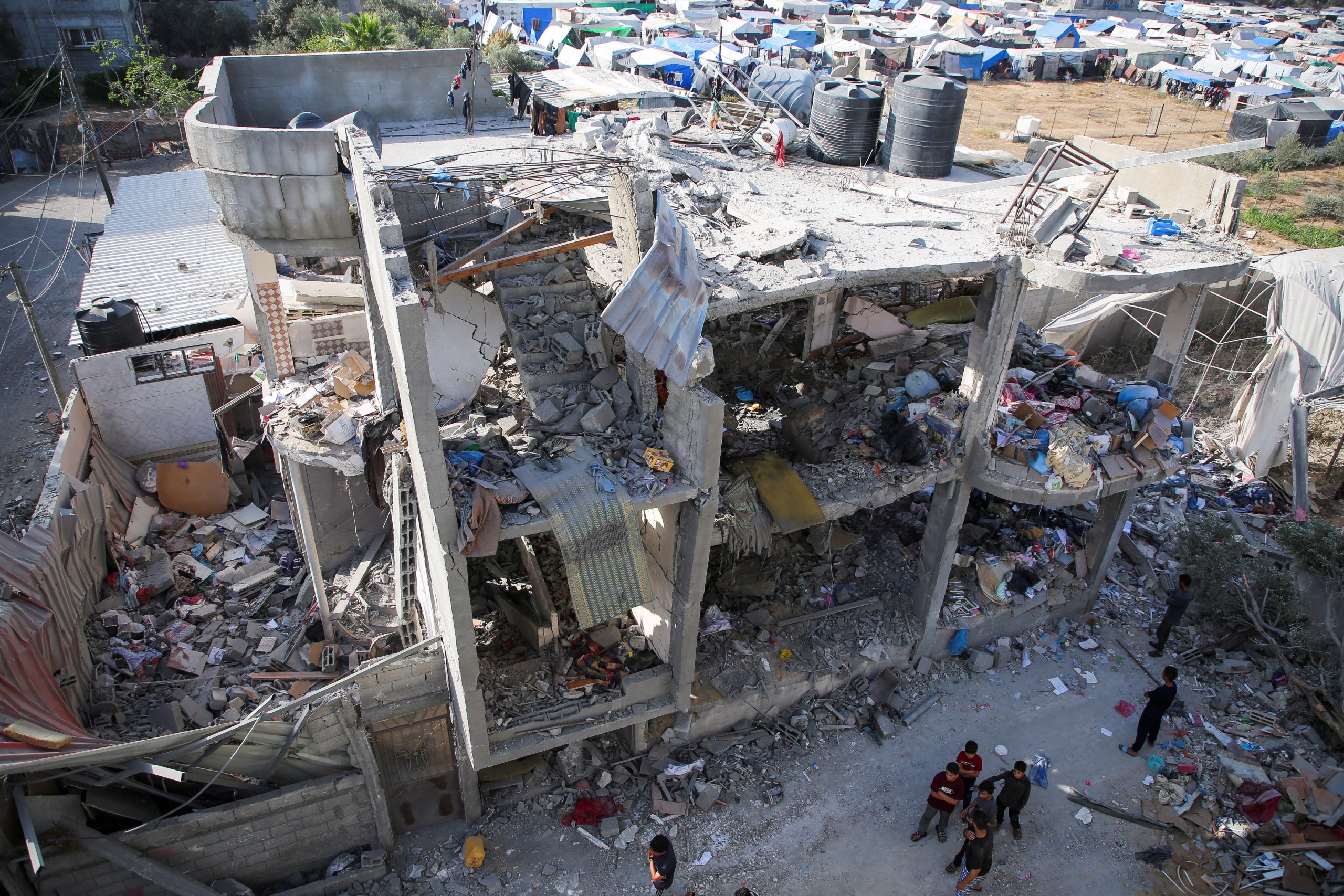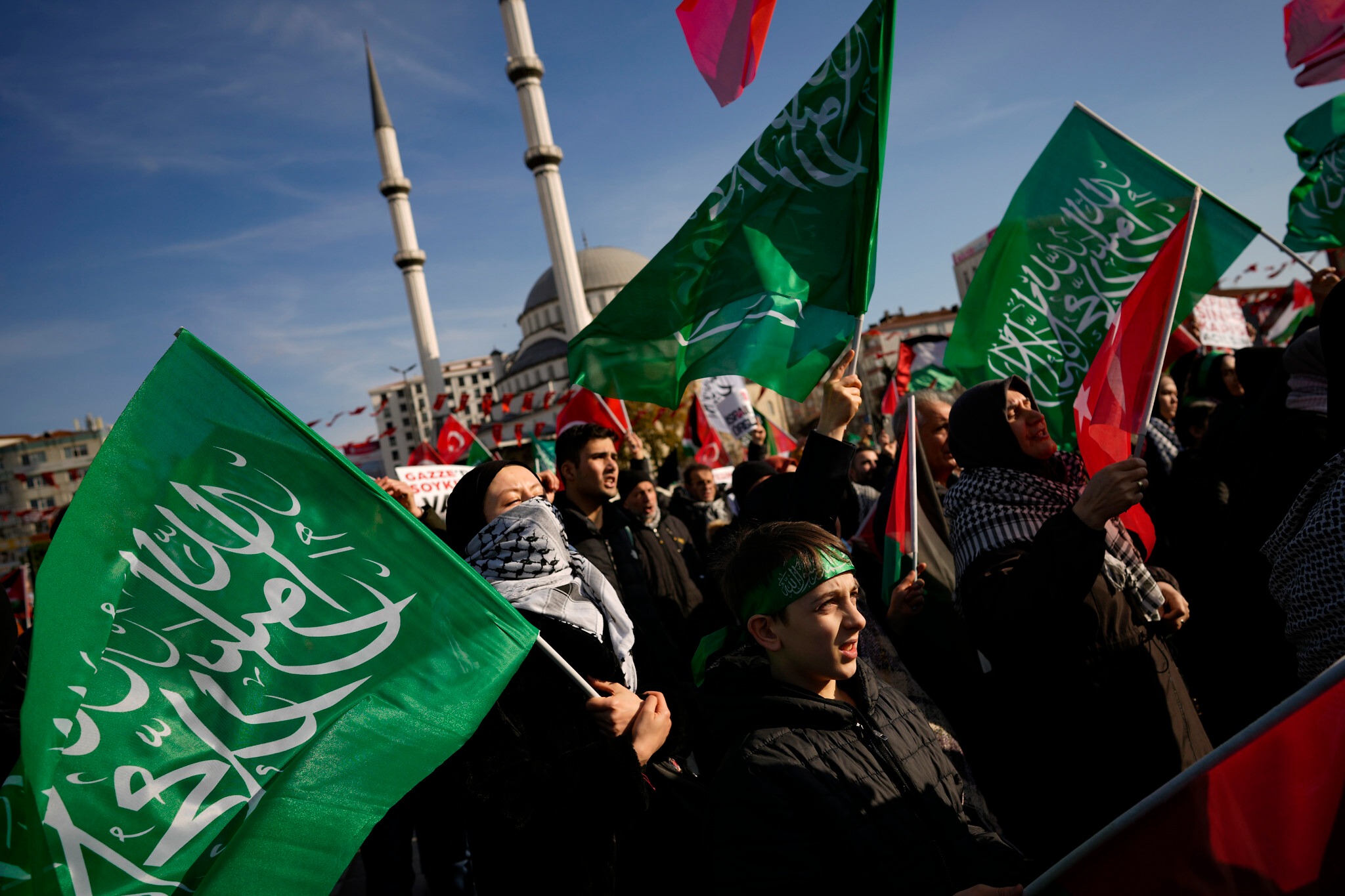The Israeli government is scrambling to assess the severity of the situation after Turkish President Erdogan blocked Israeli exports and imports, effectively cutting off trade between the two nations.
Foreign Minister Israel Katz condemned Erdogan’s actions, stating, “This is how a dictator behaves, trampling on the interests of the Turkish people, businessmen, and ignoring international trade agreements.” Katz has instructed the Foreign Ministry to explore alternative solutions for trade with Turkey, confident that Israel’s strong economy will emerge stronger from this situation.
However, the cessation of trade between Israel and Turkey could have huge consequences for Israeli industry and trade, with imports from Turkey amounting to approximately $5 billion annually. The embargo on construction materials, minerals, machinery, cars, energy products, rubber, plastic, health, and agricultural products will likely cause disruptions.

Additionally, dozens of Israeli factories that export to Turkey, worth $1.5 billion, will also be impacted. Economy Ministry officials are exploring options to find alternative companies and factories to export goods and raw materials to Israel, potentially from friendly countries like Germany, Britain, the Czech Republic, Hungary, and Greece.
The Manufacturers Association of Israel has criticized the government for not taking a stronger stance against Turkey’s boycott, suggesting that a 100% tariff against Turkey would have sent a clear message that Israel will not accept such actions.
Ron Tomer, the association’s president, emphasized the need for protective tariffs and a ban on certain imports from Turkey to maintain industrial independence and invest in local industries.
Shachar Turgeman, chair of the Committee for the Advancement of the Retail Sector in the Federation of Israeli Chambers of Commerce, expressed disappointment that the Turkish authorities did not separate political and economic matters, harming Turkish traders and not the State of Israel. He believes the Israeli economy is strong enough to find alternatives to imports from Turkey.

The escalation of the conflict between Turkey and Israel began about a month ago when Turkey announced restrictions on exports to Israel in 54 categories, including construction materials. Turkey demanded an immediate cease-fire in Gaza and unrestricted aid access.
Erdogan’s actions and rhetoric, including hosting Hamas leadership and joining forces with South Africa’s genocide allegations against Israel in the International Court of Justice, have further strained relations. During a parliamentary event, Erdogan equated Hamas with Turkish guerrilla organizations, and the audience shouted “Death to Israel.”


